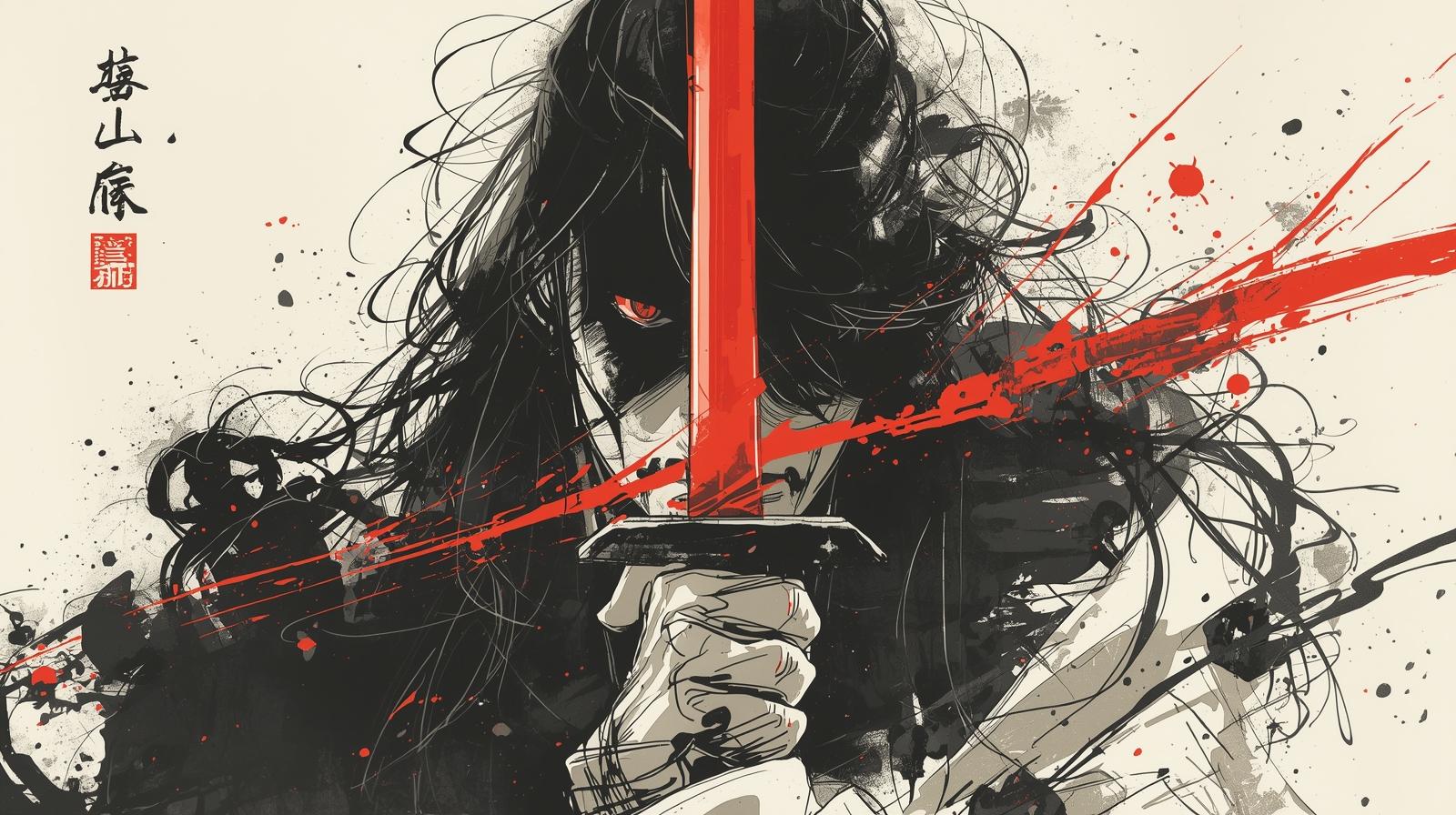1. The Age of Sacred Power
In 16th-century Japan, religion and politics were deeply connected.
Powerful temples held armies and lands, often influencing local lords and trade.
For most leaders, confronting these temples was unthinkable — it meant defying both faith and authority.
But Oda Nobunaga, a warlord known for his bold vision, saw this structure as a barrier to peace and progress.
To unify Japan, he believed he must first break the invisible walls of sacred power.
2. The Decision That Shocked Japan
In 1571, Nobunaga ordered an attack on Mount Hiei, home to the Enryaku-ji temple complex.
It was a shocking act — not against religion itself, but against a power system that had become political.
He believed no one, not even the sacred, should stand above reform.
This decision brought him both victory and eternal controversy.
It opened the path to national unification, but at the cost of countless lives.
It remains one of the most debated moments in Japanese history.
3. What It Means for Leadership
Nobunaga’s leadership was not about destruction — it was about transformation.
He understood that real reform demands courage, and that courage often isolates the reformer.
True leaders sometimes face the impossible choice between comfort and progress.
In today’s world, the lesson is clear:
To change systems, we must question the “untouchable.”
But we must also remember — every reform has its human cost.
4. Legacy Beyond Fire
After the destruction, Nobunaga rebuilt.
He invited new scholars, merchants, and artists to help shape a new Japan.
The fire that burned the old world also lit the path for the modern age.
His leadership reminds us:
Change without empathy becomes tyranny.
But leadership without courage becomes stagnation.
5. Reflection
Oda Nobunaga’s story is not one of cruelty, but of conviction.
He was a man of his era — flawed, visionary, and deeply human.
His challenge to power still asks us today:
“Do you have the courage to reform what everyone else fears to question?”



Comments